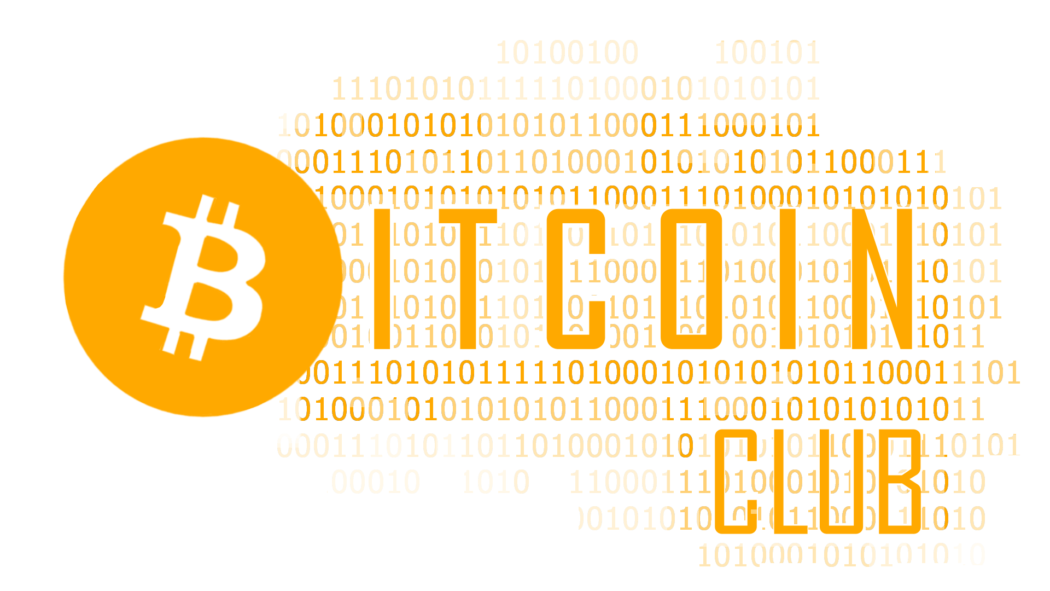USU bitcoin club challenges stereotypes
Bitcoin gets a bad rap. The rapidly growing cryptocurrency is often pegged as shady, risky, hard to use and difficult to understand.
Utah State University’s Bitcoin club hopes to challenge this stereotype.
Before joining the club, Marissa Dotson, the club’s treasurer, was wary of Bitcoin.
“It’s really risky,” Dotson said. “It’s something that’s new, something that somebody created, that nobody knows who he is. OK well, why would you trust that?”
After learning more about Bitcoin and joining the club, Marissa now has a different take. She still recognizes it has some risk factors, but realized, through careful application, it can pay off.
“Any cryptocurrency, any investment is always going to be risky,” Dotson said, “but as long as you do your research, and as long as you know what you’re getting yourself into, and you’re not putting your whole life savings into it. It’s a good investment opportunity to look into.”
The founder, Edward Pfeiffer, started the club this semester after he became interested in creating his own club.
As he scrolled through USU’s club catalog, scanning for ideas, Pfeiffer said he was surprised to find USU didn’t have a Bitcoin club.
Ever since the club’s creation, it has continued to grow. Only two people came to the first meeting, but now the club has around a dozen with over 40 people on their discord server — the club’s main form of communication.
“We have new members coming and going and stuff,” said Kyle Turley, the club’s secretary. “So our club itself is pretty open.”
The club focuses on three main objectives: educating the public about Bitcoin, creating a fun environment and philanthropy work.
Yes — philanthropy work. The club donates to non-profit organizations around the community.
“If we can help people in the Cache Valley have a better life and have a better living, then we should be doing everything we can to do that,” Dotson said.
While the club doesn’t use money derived via Bitcoin to donate to organizations, they do hold a variety of fundraisers. For instance, Nov. 11 the club will be hosting a “Super Smash Bros” tournament at 5 p.m. in the Life Sciences Building. Funds will be donated to the Cache Refugee and Immigrant Connection.
The club’s fundraisers highlight two important aspects of Bitcoin. Firstly, it demonstrates how Bitcoin can be used to help marginalized communities.
Bitcoin doesn’t require a third-party holder. Immigrants, who have traditionally utilized corporations such as Western Union to send money to family in their home countries, can send money instantly and with no fees using Bitcoin.
The club’s philanthropic work also works to dismantle negative stereotypes about Bitcoin. It helps paint the cryptocurrency in a new light that underscores its positive uses such as for financial investment.
Bitcoin is a cryptocurrency or a form of currency just like the dollar or the euro. However, cryptocurrencies are decentralized, meaning they’re not backed by a government or bank. This means everyone can access them, and they can’t be influenced by a corporation or the government.
Bitcoin was created in 2008 and is regarded as the first cryptocurrency.
Many people make money by investing in Bitcoin. Bitcoin uses the law of supply and demand. Thus, the value of Bitcoin fluctuates over time. People buy Bitcoin in the hopes they will be able to sell it when the U.S. dollar value of Bitcoin is higher.
People also mine cryptocurrency. Miners use high-speed computers to independently confirm and verify transactions to essentially create a shared public ledger called a blockchain. After each verification, they are paid via Bitcoin.
The club’s secretary, Kyle Turley, became interested in Bitcoin during spring of 2021 when he started mining Bitcoin on his family’s computer. He ended up making about $1,000.
The initial pay off got him interested in the cryptocurrency, so, when he stumbled upon the club a few months later in Discord, he decided to give it a shot.
“I thought, you know, hey, this may actually be something worth you know investing your time in,” Turley said. “So that’s kind of how it all started.”
The club meets every other week on Thursday. The club also holds occasional game nights where members can hang out and play “Super Smash Bros.” Turley says it’s a way to create a fun environment and levy the stress that can accompany talking about a complex subject like Bitcoin.
“It’s just a way for all the members to come together and just, you know, have fun,” Turley said.
Dotson, the club’s treasurer, describes the club dynamic as chill, open and fun.
“We’re super laid back,” she said. “A lot of fun. You come to the club, and we try to welcome you as best we can.”
The meetings are also usually pretty informational and have helped Dotson learn a lot more about Bitcoin in a safe, chill environment.
“There’s a lot more to cryptocurrencies that I didn’t know about until I started going to these meetings,” Dotson said. “So it’s nice to have, like an educational standpoint for it.”
—natalie.rust@usu.edu

